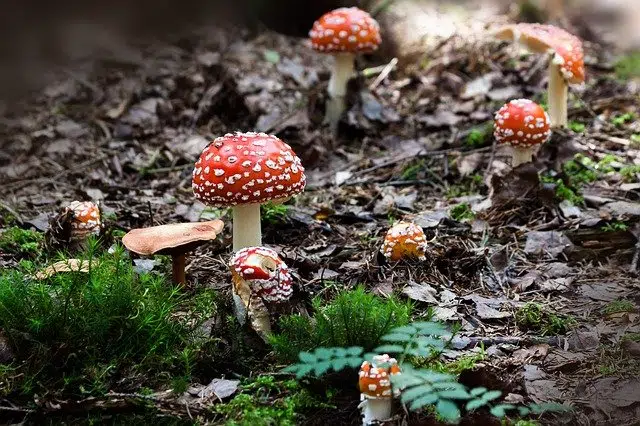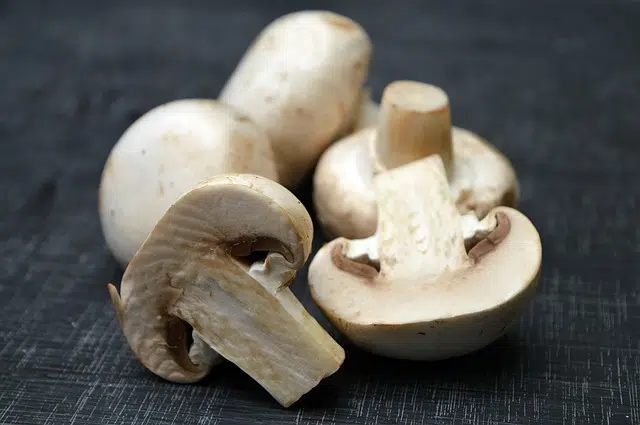
There are many species of mushrooms.
From the Latin fungus , a fungus is a eukaryotic organism that belongs to the kingdom Fungi . Fungi form a polyphyletic group (there is no common ancestor for all members) and are parasites or live on decaying organic matter .
Characteristics of mushrooms
The cell walls of fungi are made of chitin . Those that bear fruit manage to produce sporocarps (multicellular structures on which other structures are formed), as in the case of mushrooms .
Fungal feeding is known as osmotrophy (nutrients are absorbed from dissolved substances), while digestion is external and secretes enzymes. Thanks to their ability to decompose the dead matter of animals and plants , fungi play an important role in biogeochemical cycles.
The Fungi kingdom in our life
Humans use mushrooms in various areas. There are food mushrooms that provide proteins and vitamins such as pumpkin mushrooms ( Boletus edulis ), chanterelles ( Lactarius deliciosus ) and button mushrooms ( Agaricus bisporus ). Other fungi that are used in food preparation act as yeasts and allow the fermentation of bread and beer, for example.
There are mushrooms that are used as hallucinogens , generally for ritual purposes. Its properties also allow the preparation of medications with psychotherapeutic action.
It should be noted that not all mushrooms are beneficial for humans . Some of them, such as Coniphara , rot wood, while microscopic fungi known as molds affect various materials. Others are poisonous and potentially fatal if consumed as food.
Mycology is the specialty of medicine and botany that is dedicated to the study of fungi.

Champignons are edible mushrooms.
Medicinal properties of mushrooms
It is known that certain varieties of mushrooms are very beneficial for our health , and some cultures use them to treat a large number of diseases. In Japan and China, for example, they have been using the healing properties of mushrooms for almost two millennia. Some of the best known are Shiitake (also known as Lentinula), Ganoderma lucidum, Cordiceps sinensis, Agaricus blazei and Grifolla frondosa, which have been among the products commonly consumed in certain Eastern countries for centuries.
Mushrooms are probiotics, meaning they help restore the well-being and balance of the body, fighting diseases by taking care of our immune system . It is worth mentioning that, like other natural products with medicinal properties, they can be consumed as part of the daily diet, which further accentuates their differences with a medicine of industrial origin.
On the other hand, frequent consumption of these mushrooms helps reduce the level of fatty acids in our bloodstream and cholesterol in the liver. In addition, they cause a favorable antiatherogenic effect, that is, they collaborate with the prevention of heart diseases, thanks to the fact that they prevent the arteries from hardening.
The example of Pleurotus mushrooms
Pleurotus mushrooms are very popular in various parts of the world, especially in China and some European countries, although they have also been known in America since the beginning of the 20th century. Their nutritional value is very high, since they have a good amount of non-starchy carbohydrates and dietary fiber, especially chitin, which acts exceptionally by absorbing the fats present in the digestive tract. It is worth mentioning that chitin and its derivatives are widely marketed to fight obesity.
Perhaps one of its most important properties is that, according to many research studies, Pleurotus mushrooms are capable of preventing the formation of certain tumors, as well as delaying it and preventing them from growing excessively; This is due to the fact that they have a large amount of polysaccharides with a complex molecular structure. It is believed that the action consists of enhancing those cells that fight cancer cells, to achieve the elimination of the latter naturally, without side effects.
